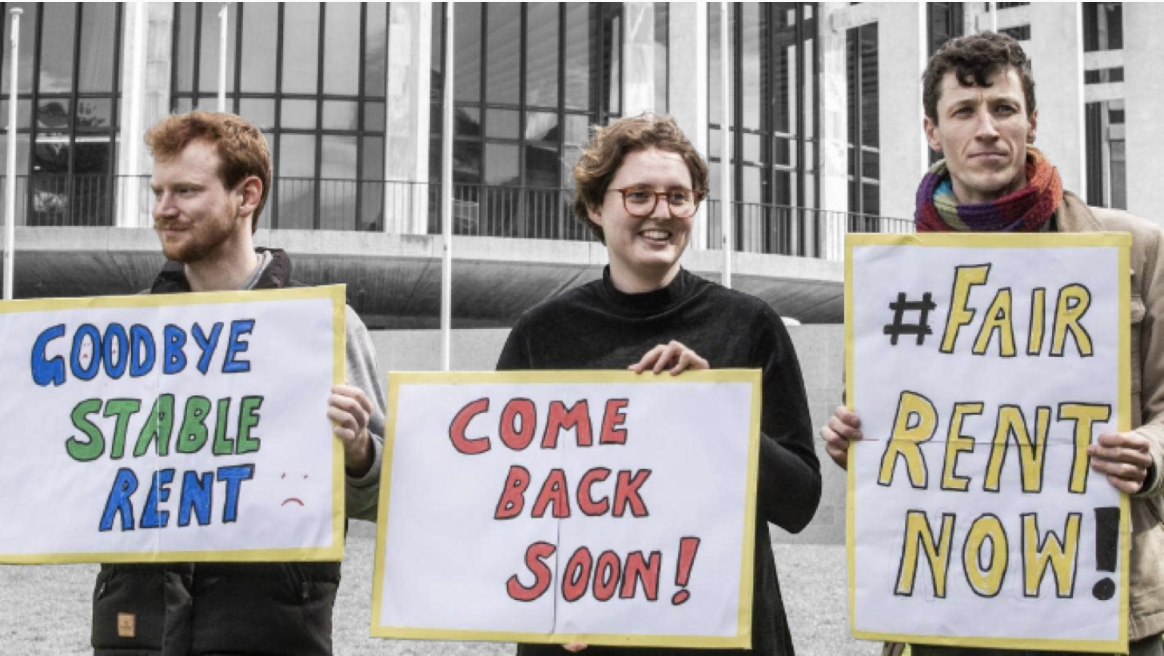Mary
My jaw dropped yesterday morning when reading an item on Stuff that tenants are shocked at the level of rent increases they are facing. The sound of chickens coming home to roost was clearly audible.
One of the first things the Ardern government did when coming to power was to commission Michael Cullen to conduct a taxation review. His big recommendation was that a capital gains tax be legislated. As is now history, Winston Peters put the skids under that policy and it went nowhere.
What Labour did instead – desperate to punish those investing in property – was to abolish negative gearing. This important piece of legislation passed virtually without comment in the left-leaning NZ mainstream media, aided by a weak opposition. Now that the covid rent freeze is coming off, tenants are feeling the full weight of the anti-landlord legislation pushed through under Labour.
In simple terms, landlords could previously offset their costs of owning a rental property where the costs exceeded the rent, against their personal income tax. When mortgage interest, rates, insurance and maintenance exceeded what the landlord received in rent, that excess became a tax deduction. Labour could not have this. Those costs are now ring-fenced and have to be carried by the landlord until such time as he or she sells up and receives a capital gain.
As if that wasn’t enough to punish landlords, Labour whittled away at their rights to deal with their own property as they saw fit. The Residential Tenancies Act was amended to allow tenants to carry out minor alterations without the consent of the landlord. Tenants can now also sublet without the consent of the landlord.

The BFD
Not surprisingly, landlords have deserted the market. There is now a shortage of properties to rent and those landlords still in the market are looking to cover the full cost of owning the property. The result? Higher rents. All pretty much avoidable and the result of an anti-landlord, anti- investment government.
It is interesting comparing the policy on negative gearing between the NZ Labour government and the Australian Labor Party. The ALP’s policy on negative gearing was one of several factors leading to its loss in the 2019 general election. The ALP’s proposed reforms only applied to existing dwellings, with new dwellings still able to be negatively geared. In New Zealand, the tax changes were applied across all classes of property.
It was the effect of proposed negative gearing reforms in Australia that drew dire warnings from the property industry as to the effect on rents and availability of rental properties. Reminders were made as to the dire effects on rents when the Hawke-Keating government ended negative gearing in 1985, only to reverse the policy two years later in the 1987 budget when rents rose to unaffordable levels.
During the election campaign voters in Australia had been subjected to a seemingly endless tirade by leader Bill Shorten against the “big end of town” negatively gearing their “6th or 7th” property. The reality, as shown by Australian Tax Office records, is that two thirds of people who negatively gear are on incomes of $80,000 or less, many of them police officers and nurses.
Analysis of voting trends shows that on 18 May 2019 the ALP suffered its biggest losses in working-class areas on the outskirts of the big cities, particularly in Western Sydney. The ALP held its voter base in the inner-city seats in Sydney and Melbourne. It is clear that aspirational working-class people like to build a nest egg for their retirement through investing in a rental property and negatively gearing that property.
New Zealand may have to revisit its tax policy on investment properties if the current trends continue. A rent cap as spoken about in the Stuff article would likely see even more investors leave the market and lead to an even more dire shortage of rentals. Time will tell. In the meantime, tenants should brace for tough times.
Share this article with your friends, and let more people know about The BFD

